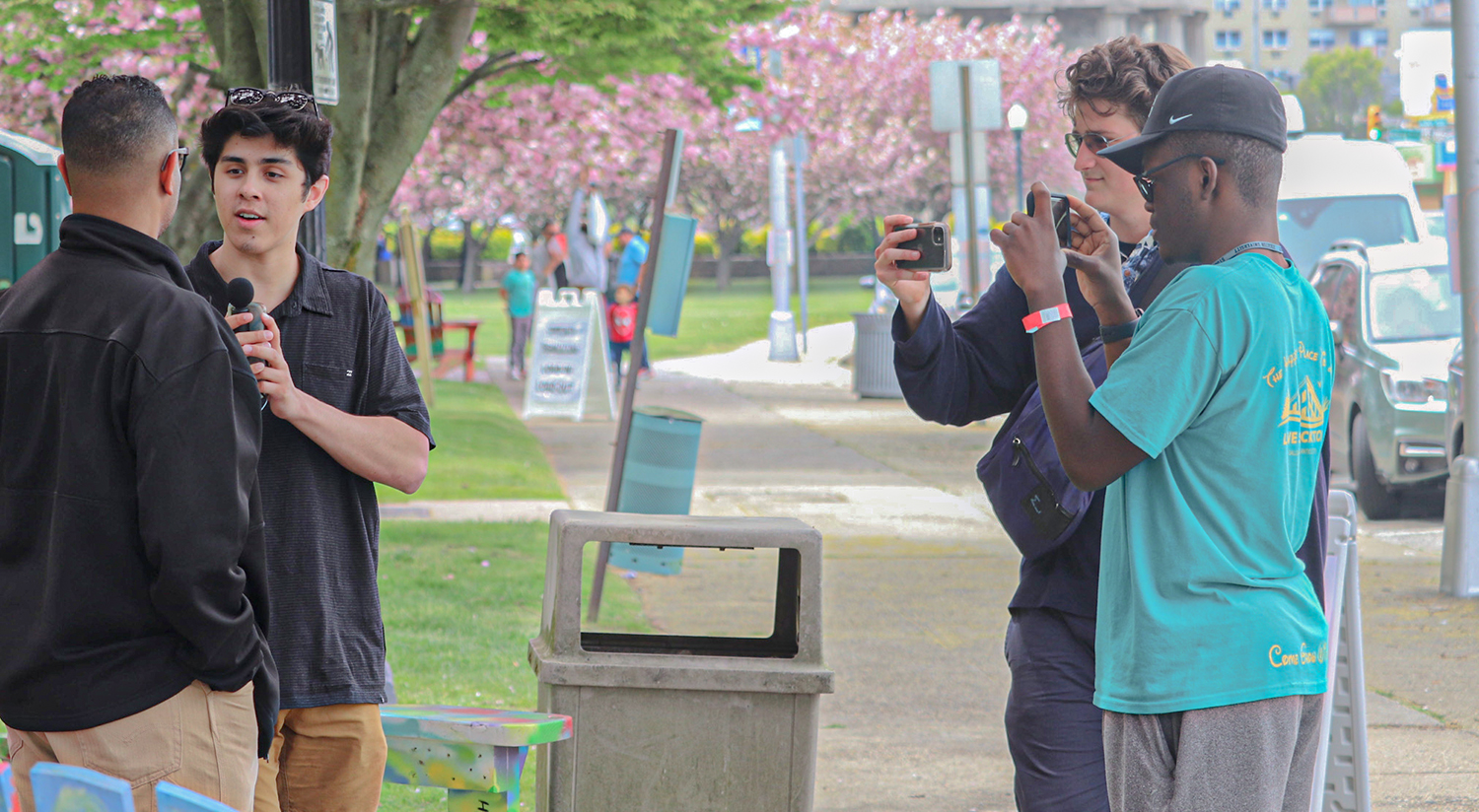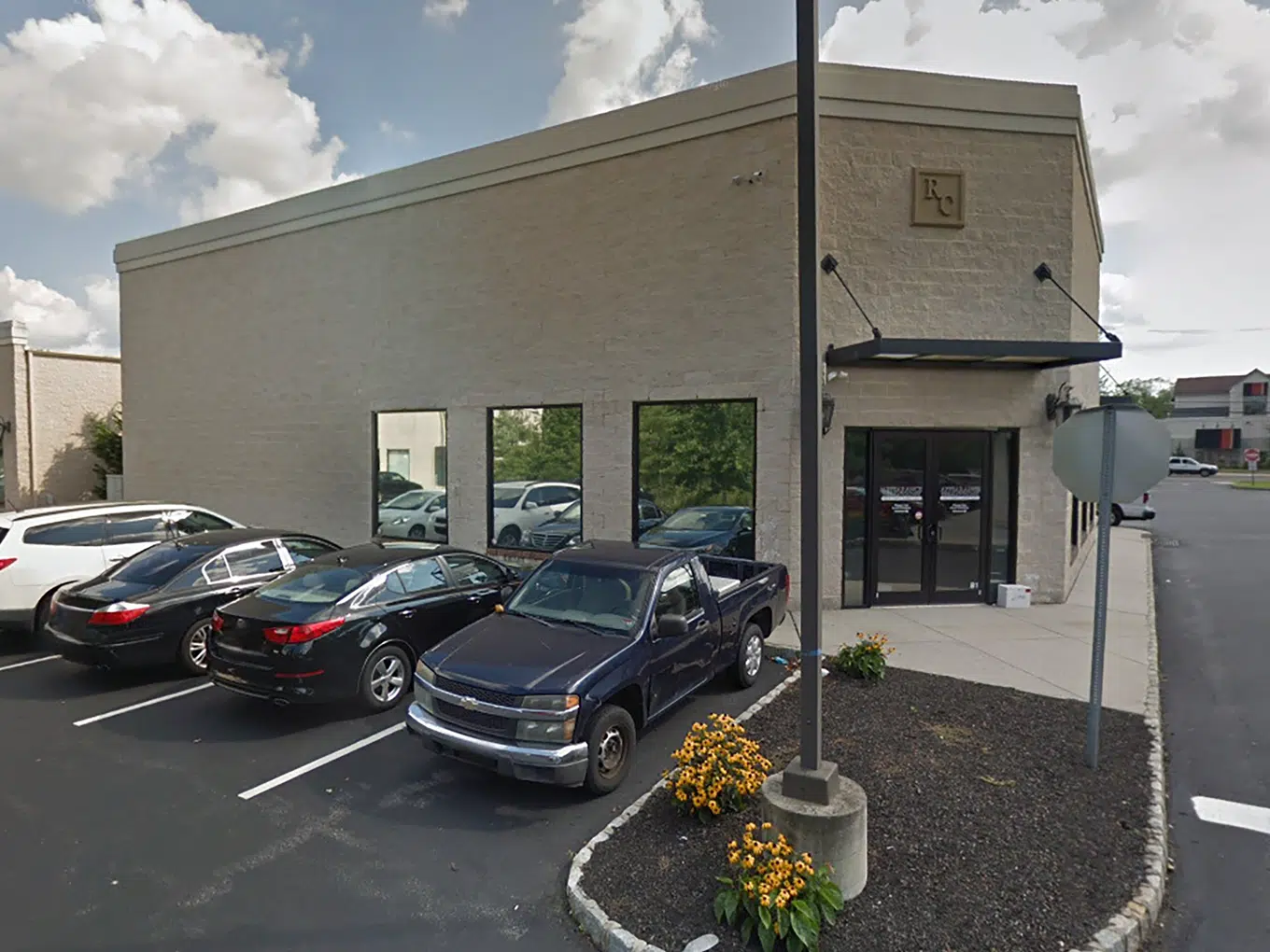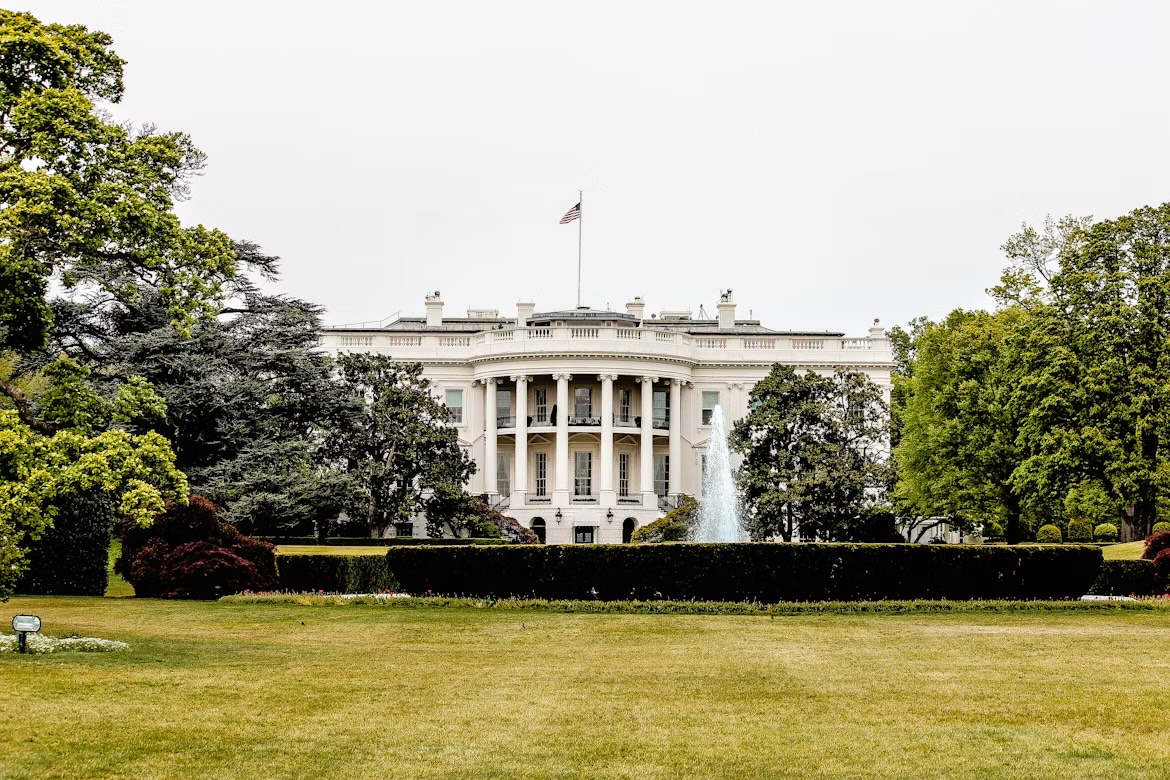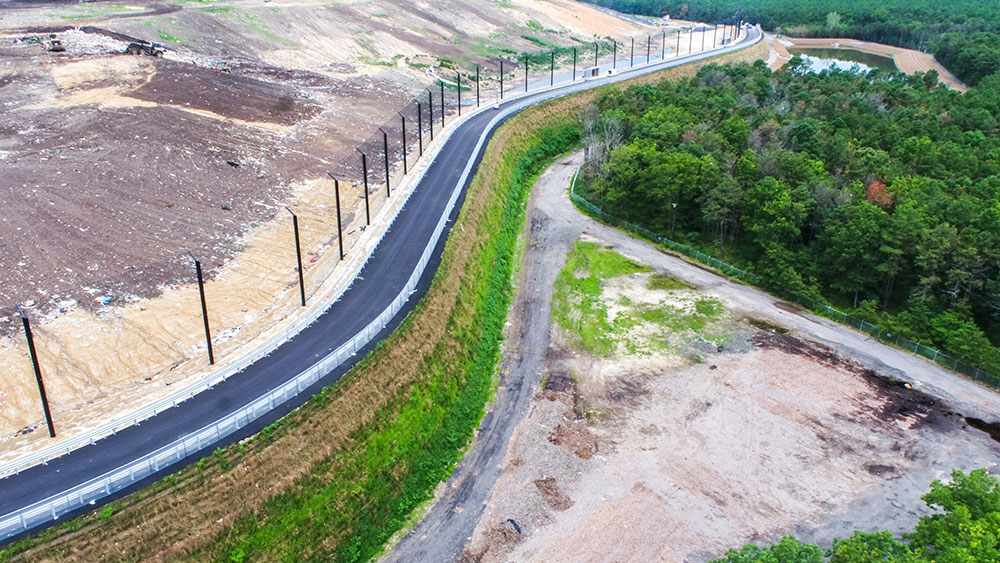Stories of Atlantic City was founded in 2018 as a way to amplify the voices of underrepresented city residents.
The Noyes Arts Garage has enriched that same community since it opened in 2013.
A new $100,000 grant by the Geraldine R. Dodge Foundation will help both Stockton-affiliated organizations work more closely together toward those goals and “build power, reimagine systems and strengthen economic resilience.”
“We’ve collaborated a number of times over the last few years with programs, and it has borne some wonderful fruit for community engagement and opportunities for residents to express themselves and share what’s going on in the community,” said Michael Cagno, the executive director of the Noyes Museum of Stockton University, which also runs the Arts Garage.
Stories of AC Project Director Toby Rosenthal, who’s also a Stockton Communication Studiesfaculty member, said the journalism project is all about engaging the community through different avenues like the arts and the arts world.
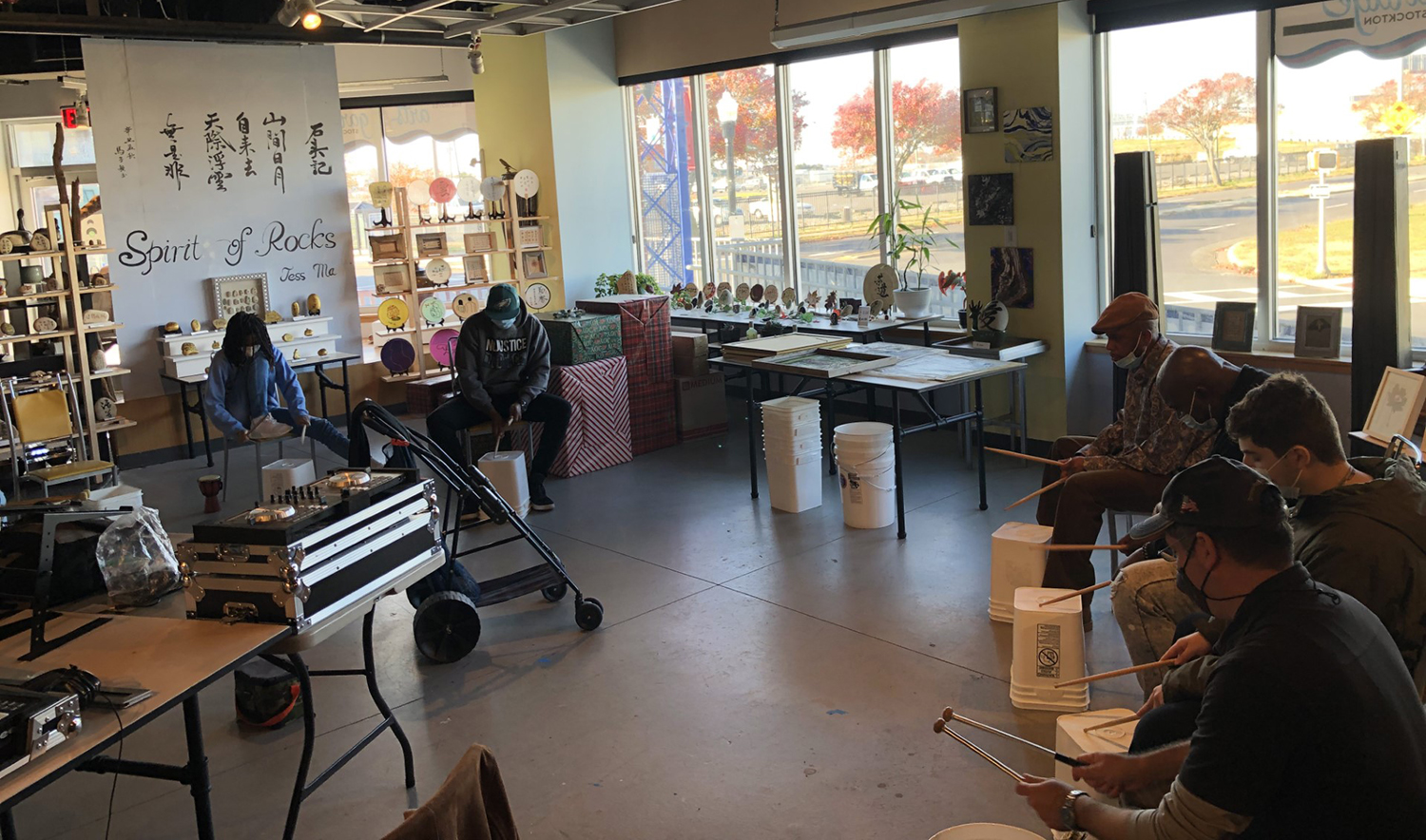
“We are all in arts and humanities,” she said. “It’s a natural and organic partner for Stories of Atlantic City and Communication Studies to partner with the Noyes. We can work better and engage better with community members through an organization that already has experience and connections.”
Cagno and Rosenthal said the grant will support several joint projects including:
- Expanding a multicultural art studio residency and a Black Art Matters program at the Noyes Arts Garage. Cagno said the monthly arts program started two years ago to curate local African American and Afro-Latin American artists’ work in visual, performing and literary art as “another way of packaging and collaborating to celebrate the diversity of Atlantic City.”
- Creating a storytelling, branding and strategy incubator to help individuals and businesses develop their message and set goals for their future. The plan is for the incubator to create a network of people who support the mission of Stories of AC and the Noyes, Rosenthal said.
- Creating a podcast studio in Atlantic City either at Stockton’s city campus or at the Arts Garage on Fairmount Avenue to support and share community stories in a new way. The studio will also create a new podcast by Stockton’s School of Arts and Humanities to share what the school is doing on campus and in the community, Cagno said.
Finally, the grant will allow for the hiring of a full-time community organizer to oversee these initiatives, Rosenthal said.
“It would be a combination of being an ambassador of the Noyes and Stories of AC and also someone reaching out and engaging with new members of the community,” she said. “Finding out what does the community need right now and how we can answer the call.”
The grant is part of the Dodge Foundation’s goal to donate to organizations focusing on addressing the root cause and repair of structural racism and inequity across New Jersey.
“While we have seen signs of progress over the last few years, we know that now, more than ever, we must remain dedicated and committed to standing alongside racial justice organizations and their work,” said the foundation’s president Tanjua Dehne in a release announcing funding to several organizations across the state.
Ian Marshall, the dean of Stockton’s School of Arts and Humanities, said he hopes the grant will help inform the community about all the different arts programs at the university.
“In bringing together visual art through Michael’s work, and writing, communication and reporting through Toby’s work, we have effectively spanned a fair amount of the skillsets we teach in the School of Arts and Humanities,” Marshall said. “Added to the community-based application of their work, this grant allows Stockton students the ability to both see the interconnectedness of these disciplines, and also practice them in a productive and collaborative way.”
Rosenthal said she is optimistic the funding will go a long way toward elevating the status of the Arts Garage and Stories of Atlantic City in the area.
“Even though we are a small community, it’s still very siloed. And this is creating several opportunities for connectiveness and collaboration,” she said. “We are setting the stage for new growth. The funding is really designed to put money and information into the community. That builds power.”





